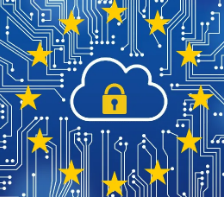The European Commission has confirmed it will move forward with the EU AI Act exactly as scheduled, instead of granting delays requested by tech giants and businesses.
On 10 July 2025, it published the final General-Purpose AI (GPAI) Code of Practice alongside FAQs to guide organisations aiming to comply with the new law.
Rather than opting for a more flexible timetable, the Commission is standing firm on its regulatory goals. The GPAI Code of Practice, now in its final form, sets out voluntary but strongly recommended steps for companies that want reduced administrative burdens and clearer legal certainty under the AI Act.
The document covers transparency, copyright, and safety standards for advanced AI models, including a model documentation form for providers.
Key dates have already been set. From 2 August 2025, rules covering notifications, governance, and penalties will come into force. By February 2026, official guidelines on classifying high-risk AI systems are expected.
The remaining parts of the legislation will take effect by August 2026, instead of being postponed further.
With the publication of the GPAI Code of Practice, the EU takes another step towards building a unified ethical framework for AI development and deployment across Europe, focusing on transparency, accountability, and respect for fundamental rights.
Would you like to learn more about AI, tech and digital diplomacy? If so, ask our Diplo chatbot!










